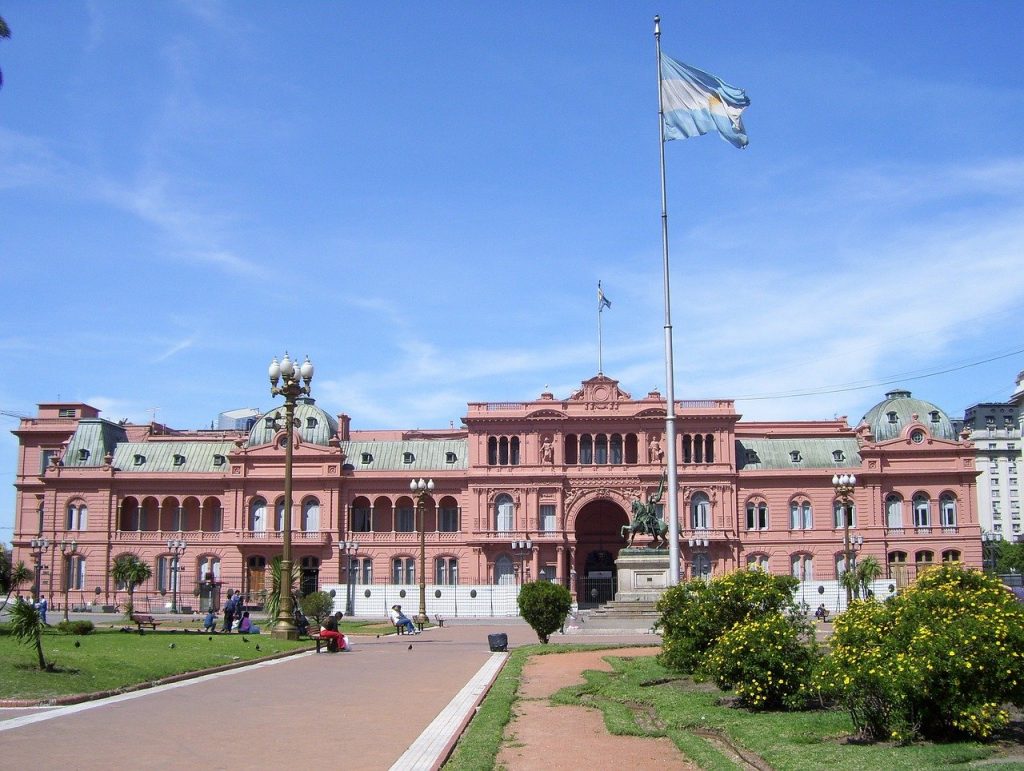Due to the potential for implementation-wide traceability that blockchain technology offers, several systems are using it. Buenos Aires senator Dario Nieto recommends using blockchain as a critical system component to manage social assistance payments. In response, he submitted a bill that would stop many of the actions resulting from these programs.
In his opinion, payments from social assistance programs are frequently used by various middlemen to make money or coerce recipients into participating in political activities.
Nieto has already introduced bills based on the blockchain. The legislator has already submitted a bill that would include blockchain technology into a system for managing government contracts and purchases.
Nieto stated, “the management of social plans has become a huge apparatus used to do politics, with which the leaders of social movements extort people with abusive practices, such as asking for money returns, a percentage of the plan, going to march and block streets.”
A city that has used blockchain in its planning is Buenos Aires. The city is now finishing up the implementation of TangoID, a blockchain-based ID system, as part of a modernization effort. By January 2023, the Buenos Aires government hopes to have it operational.
Nieto added, “with blockchain, the money leaves the Ministry of Social Development directly to the beneficiary, without asking for voluntary contributions, without favors such as attendance controls at pickets or marches.”
The city said in August that it would run Ethereum nodes to gain more knowledge about the chain for regulatory purposes. The city said in April that it would begin accepting cryptocurrencies for tax payments in 2023.



